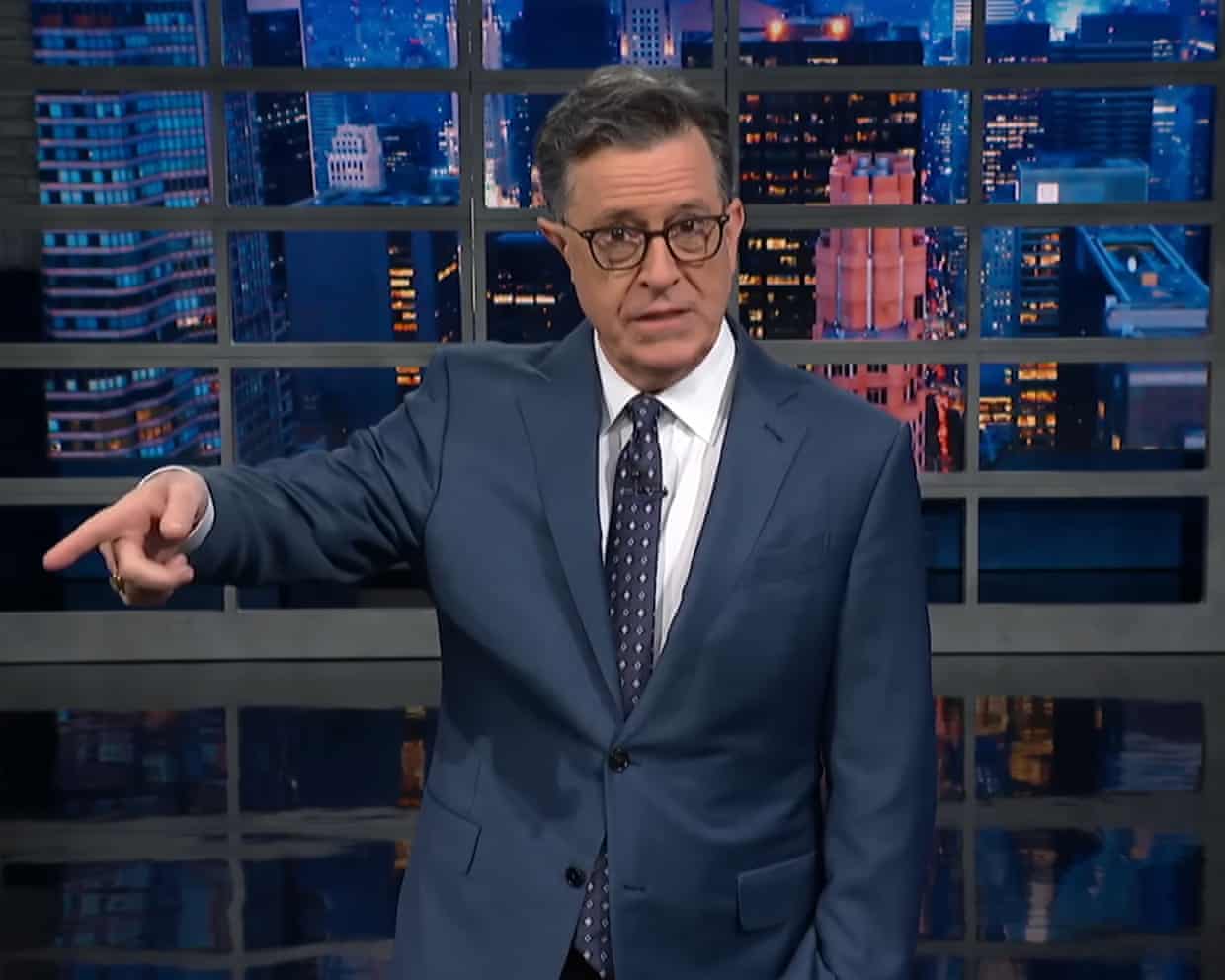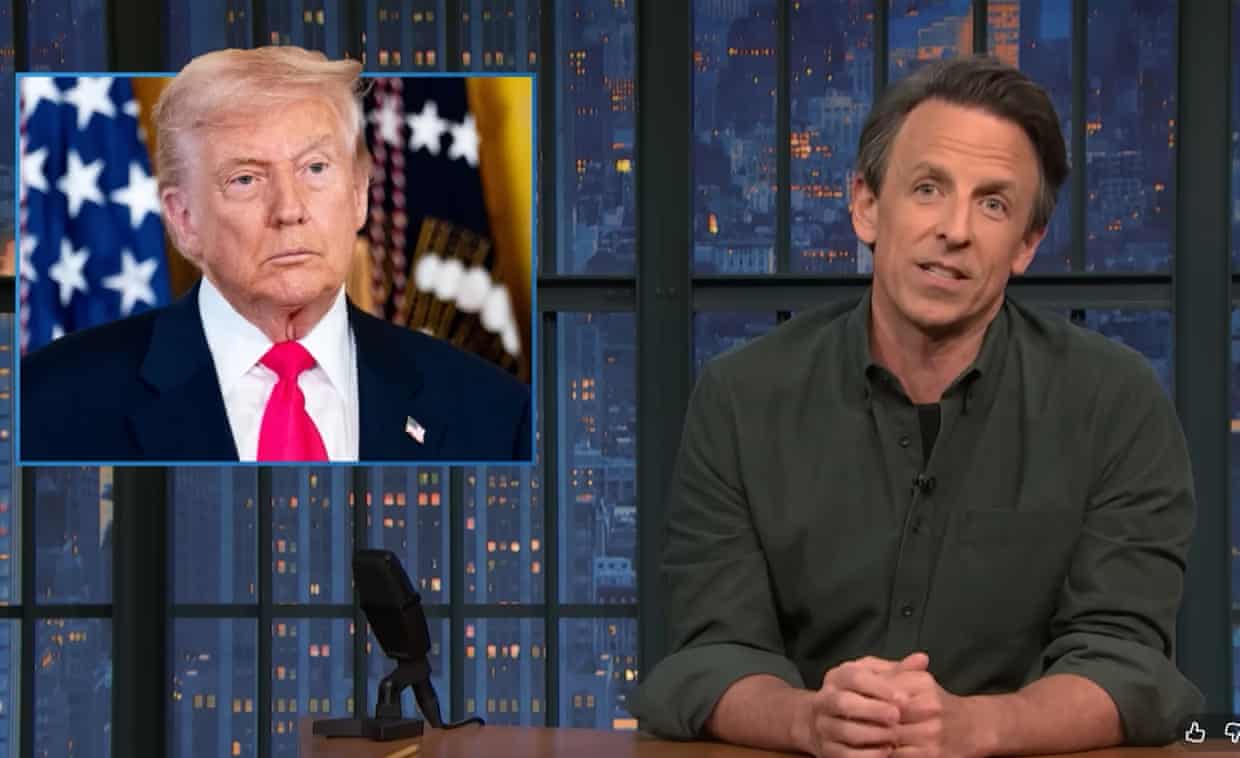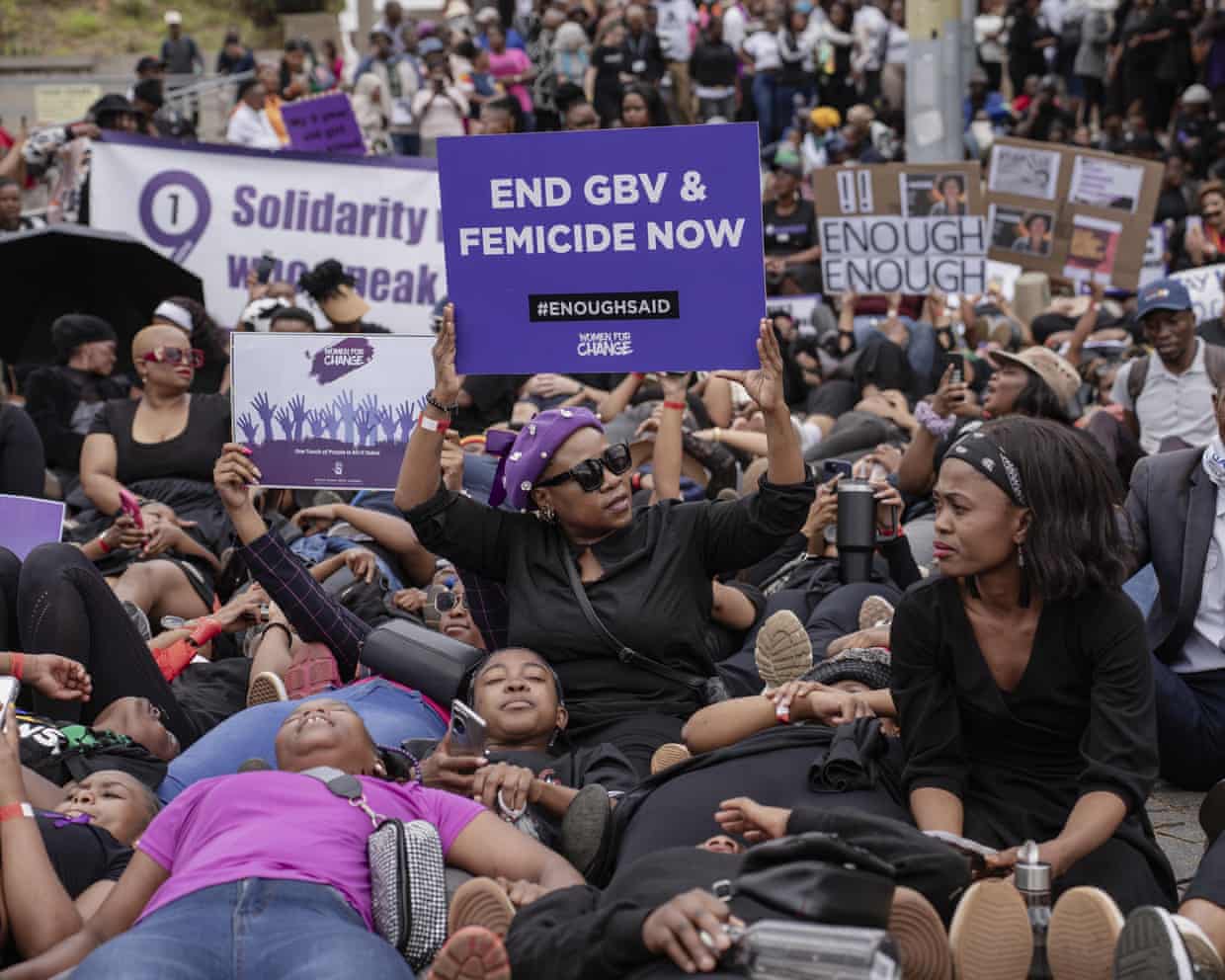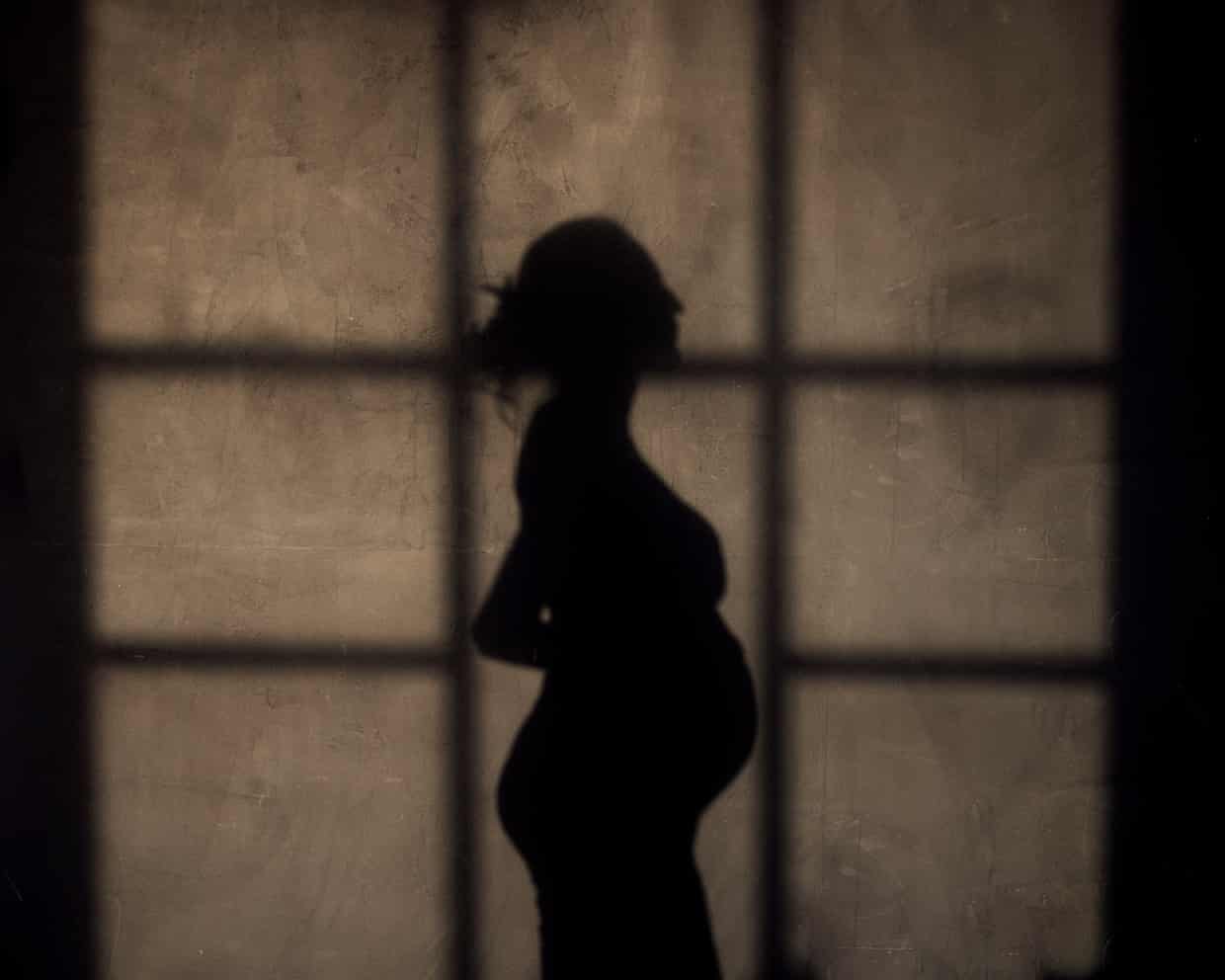Risk of Maccabi Tel Aviv facing antisemitic attacks not ‘predominant’ reason for match ban, police tell MPs – UK politics live

MPs have been told that the risk of antisemitic hate crime was not the “predominant” reason why West Midlands police wanted to ban Maccabi Tel Aviv fans from attending the Europa League match at Aston Villa.Mike O’Hara, WMP’s assistant chief constable, said in a letter to the Commons home affairs committee that the threat of violence by Maccabi fans was a more important consideration.The letter, which has been published this afternoon by the committee, confirms reporting by the Guardian last month which said that the fans were banned “after police intelligence concluded the biggest risk of violence came from extremist fans of the Israeli club”.Keir Starmer and other political leaders reacted with outrage after the ban was first announced in October.Starmer suggested the police were accepting they would not be able to protect the Maccabi supporters from antisemitic violence, and he said: “The role of the police is to ensure all football fans can enjoy the game, without fear of violence or intimidation.
”In the Commons Lisa Nandy, the culture secretary, did not contest this intrepretation, saying that the police wanted to ban Maccabi fans “in no small part” because of the risk they faced being Jewish,Ministers tried to get the police, and Birmingham city council’s safety advisory group (which took the final decision based on police advice), to reconsider,But these efforts proved fruitless after Maccabi decided not to apply for tickets for its fans anyway,In his letter to the committee, O’Hara says:West Midlands police identified the potential for antisemitic incidents in connection with the fixture,While the risk of antisemitic hate crime was acknowledged as a relevant concern, it was not assessed to be the predominant threat.
The principal risks outlined in the force’s assessment included spontaneous public disorder, antisocial behaviour, organised protest activity, and violence involving risk supporters affiliated with Maccabi Tel Aviv.The cumulative impact of these factors led to the fixture being classified as high risk, with antisemitism recognised as one of several contributing elements.In his letter, sent in response to questions posed by the committee, O’Hara also presents WMP’s assessment of the conduct of Maccabi fans at a match against Ajax in Amsterdam in November 2024.He says:Intelligence indicated that, on the day preceding the fixture, between 500 and 600 Maccabi fans deliberately targeted Muslim communities, committing hate-motivated offences including serious assaults on Muslim taxi drivers, singing hate fuelled songs and tearing down Palestinian flags.Dutch police described the Maccabi Tel Aviv risk group as highly organised and experienced in violent confrontation.
On match day, there were widespread incidents of vandalism, assaults, and running street battles.The Dutch police response saw 5,000 officers deployed over a number of days and mass arrests were made from both sides.Yesterday the Sunday Times published a report quoting Dutch police as saying that this intelligence cited by WMP was wrong.For example, the police said that only 1,200 officers were deployed in total, and they questioned the claim that up to 600 fans deliberately targeted Muslim communities.The report has prompted the Tory MP Nick Timothy to table an urgent question on this in the Commons which will start after 4pm.
(See 1,05pm,)Keir Starmer “significantly increased” the risks associated with the Maccabi Tel Aviv Europa League match at Aston Villa when he denounced the ban on its fans, the West Midlands police and crime commissioner (PCC) has said,Simon Foster, who is a Labour PCC, criticised the PM in a letter to the Commons home affairs committee today, published alongside a letter from the West Midlands police (WMP),(See 2.
24pm,)Foster and WMP were both replying to questions submitted by the committee,But, in his reply, Foster suggests, “respectfully”, that the committee should also be asking questions of other people, including Starmer,Foster says:It is undeniable that the prime minister’s intervention significantly increased the risks associated with the fixture, by not only criticising the decision, but also confusing who actually made the decision – it was not the police – and implying, that the decision was related to, or even motivated by, antisemitism,The committee might usefully inquire of the prime minister as to the process via which he acquainted himself with the facts and the evidence, before he concluded the decision was wrong and then decided to make such an intervention and in particular, what advice he received before doing so and what led him to use the form of words he did.
Foster also said that, when Starmer posted a tweet saying that banning Maccabi fans was wrong because it suggested that antisemitism was being tolerated, he implied that the government was not aware that WMP was likely to recommend a ban.But the Home Office had been told about that the previous week, Foster said.Foster also said that Starmer was implying with his tweet that WMP was willing to accept antisemitism.Foster went on:The prime minister’s post could be interpreted as asserting that the advice given by WMP, or indeed the [safety advisory group’s] decision, were motivated by antisemitism.These are grave accusations.
The prime minister has provided no evidence to support this assertion and again I submit, this question could be put to the prime minister and officials,Foster said that when the match did go ahead, it passed off relatively peacefully,But the policing operation cost £2m, he said,He said WMP should get a grant to compensate for this,The Commons culture committee hearing where Samir Shah, the BBC chair, Sir Robbie Gibb, the former Tory spin doctor who sits on the BBC board, and Michael Prescott, the adviser who wrote the memo that has encouraged Donald Trump to sue the corporation for at least $1bn, is starting at 3.
30pm.Frances Mao is covering it on a separate live blog which you can read here.Sally Weale is the Guardian’s education correspondent.The government’s planned levy on international student fees, details of which are expected to be fleshed out in this week’s budget, would constitute a tax on a major UK export, a leading thinktank has warned.The Institute for Fiscal Studies (IFS) called on ministers to explain the economic rationale behind the controversial surcharge, which vice-chancellors have warned will leave many already struggling universities even worse off.
In a new analysis of the government’s recent post-16 education and skills white paper, the IFS said:The government has not yet set out any strong economic rationale for the introduction of an international student levy.Providing education to international students counts as one of the UK’s export activities, and any lost fee income from prospective international students deterred from studying in the UK would amount to a reduction in UK exports.While taxes on imports (tariffs) are fairly common, it is unusual for a country to tax its own exports.The IFS also questioned the government’s claim that the money raised from the levy will fund the return of maintenance grants for low income students who sign up to priority subjects that support Labour’s industrial strategy.It said:If total spending on maintenance grants is genuinely tied to the amount raised through the levy, this is unlikely to represent good policymaking as there is no reason that optimal spending on these grants would match – or evolve over time in the same way as – levy revenues.
The planned return of maintenance grants will be welcome to those who qualify for them, but restricting eligibility to those studying ‘priority’ subjects means only a minority of low-income students are likely to benefit directly.As a result, these reforms are unlikely to resolve wider concerns about the generosity of support for students’ living costs, or inequalities in access to higher education.The IFS intervention was welcomed by Universities UK, which represents higher education leaders.UUK chief executive Vivienne Stern said:Having a respected body like the IFS call this a ‘tax on a major UK export’ must act as a wake-up call.We urge the government to drop this proposal ahead of the budget ant take the necessary time to fully consider the implications of introducing such a levy.
The Department for Education says it has taken action to put the sector on a secure financial footing, including committing to raise the maximum cap on tuition fees annually and refocusing the higher education regulator for England, the Office for Students, to support universities to face the challenges of the future.MPs have been told that the risk of antisemitic hate crime was not the “predominant” reason why West Midlands police wanted to ban Maccabi Tel Aviv fans from attending the Europa League match at Aston Villa.Mike O’Hara, WMP’s assistant chief constable, said in a letter to the Commons home affairs committee that the threat of violence by Maccabi fans was a more important consideration.The letter, which has been published this afternoon by the committee, confirms reporting by the Guardian last month which said that the fans were banned “after police intelligence concluded the biggest risk of violence came from extremist fans of the Israeli club”.Keir Starmer and other political leaders reacted with outrage after the ban was first announced in October.
Starmer suggested the police were accepting they would not be able to protect the Maccabi supporters from antisemitic violence, and he said: “The role of the police is to ensure all football fans can enjoy the game, without fear of violence or intimidation,”In the Commons Lisa Nandy, the culture secretary, did not contest this intrepretation, saying that the police wanted to ban Maccabi fans “in no small part” because of the risk they faced being Jewish,Ministers tried to get the police, and Birmingham city council’s safety advisory group (which took the final decision based on police advice), to reconsider,But these efforts proved fruitless after Maccabi decided not to apply for tickets for its fans anyway,In his letter to the committee, O’Hara says:West Midlands police identified the potential for antisemitic incidents in connection with the fixture.
While the risk of antisemitic hate crime was acknowledged as a relevant concern, it was not assessed to be the predominant threat.The principal risks outlined in the force’s assessment included spontaneous public disorder, antisocial behaviour, organised protest activity, and violence involving risk supporters affiliated with Maccabi Tel Aviv.The cumulative impact of these factors led to the fixture being classified as high risk, with antisemitism recognised as one of several contributing elements.In his letter, sent in response to questions posed by the committee, O’Hara also presents WMP’s assessment of the conduct of Maccabi fans at a match against Ajax in Amsterdam in November 2024.He says:Intelligence indicated that, on the day preceding the fixture, between 500 and 600 Maccabi fans deliberately targeted Muslim communities, committing hate-motivated offences including serious assaults on Muslim taxi drivers, singing hate fuelled songs and tearing down Palestinian flags.
Dutch police described the Maccabi Tel Aviv risk group as highly organised and experienced in violent confrontation.On match day, there were widespread incidents of vandalism, assaults, and running street battles.The Dutch police response saw 5,000 officers deployed over a number of days and mass arrests were made from both sides.Yesterday the Sunday Times published a report quoting Dutch police as saying that this intelligence cited by WMP was wrong.For example, the police said that only 1,200 officers were deployed in total, and they questioned the claim that up to 600 fans deliberately targeted Muslim communities.
The report has prompted the Tory MP Nick Timothy to table an urgent question on this in the Commons which will start after 4pm,(See 1,05pm,)The 28-point US peace plan for Ukraine that was leaked last week suggests that, as part of the settlement, Russia could be re-admitted to the G8 (or the G7 as it now is, following Russia’s expulsion after the annexation of Crimea in 2014),The Liberal Democrats want Keir Starmer to rule this out.
Calum Miller, the Lib Dem foreign affairs spokesperson, said:Russia must not be readmitted to the G7,Putin is a war criminal who is also hell-bent on destabilising Europe and the rest of the international order,A ceasefire in Ukraine would not change those facts,The prime minister should categorically rule out readmitting Russia to the G7,Anything less than a total block on Putin returning to the group would show authoritarians everywhere that aggression pays.
Peter Kyle, the business secretary, told business leaders that their concerns would not be ignored when the government decides how to implement the employment rights bill.The measure is close to becoming law.But, when he spoke to the CBI this morning, Kyle stressed that many measures will be subject to consulation before they are implemented.He said:Our manifesto committed us to consult, to listen, and that’s what I’ll do.The primary legislation that is going through parliament now commits me to consult in 26 different areas, the law is going to require me to.
So it has been, yes, a frustration of mine that some of the area that will be filled in by the result of a consultation that meaningfully engages all sides and all voices has been filled by people projecting on to that their worst fears are of it,But that is not the reality that I will be driving towards,Kyle said “the voice of people who work in business” would be heard in the consultation process,He went on:I will not pit employer against employee or employee against employer … And all of the conjecture that you’ve heard about what the bill will and won’t deliver is based in areas for which the consultation on implementation has not even started,The bill is being held up because, for the third time in a row, peers have voted against some of the key measures in the bill, including the provision for workers to get day-one protections against unfair dismissal.
The parliamentary “ping pong” process has been going on for almost a month now, and the bill will not get royal assent until either the Lords, or the government, back down.Asked if the government would compromise to end the standoff, Kyle said:I’ll do what it takes to get it through, because I need to get on with the real business, which is implementing it.Normally in these circumstances the government just keeps sending the bill to the Lords, and eventually peers accept the will of the elected chamber.UPDATE: Richard Partington has the full story here.There will be two urgent questions in the Commons today after 3.
30pm, both tabled by Conservativess.A Cabinet Office minister will respond to a UQ from the Alex Burghart about the ministerial code, and then a Home Office minister will respond to a UQ from Nick Timothy about the intelligence used by West Midlands police to justify the ban on the Maccabi Tel Aviv fans from attending the Villa Park match.Then, after 4.30pm, there will be an statement on the government’s critical minerals strategy by Chris McDonald, an industry minister.Keir Starmer had a brief meeting with Li Qiang, the Chinese premier, at the G20 summit in South Africa, it has emerged.
The meeting was not disclosed when Starmer was at the summit.It is understood that it was just a brief meeting, not a formal bilateral, and that Starmer and Li did not discuss anything of substance.Downing Street has said that the UK remains “steadfast” alongside Ukraine and determined to “keep it in the fight”.Asked about the latest talks on a peace settlement in Ukraine, the PM’s spokesperson told the lobby briefing this morning:The prime minister obviously welcomes the significant progress made at yesterday’s meetings between the US and Ukraine in Geneva.As the US, Ukraine, joint statement makes clear, yesterday’s talks were a major step towards a just and lasting peace for Ukraine.
Of course, there are some outstanding issues, but as both countries have set out, intensive work on the peace plan will continue in the coming days and weeks, you can expect the prime minister to continue his engagement with world leaders this week.While diplomatic efforts continue, we will stand steadfast with Ukraine to keep it in the fight, and ensure the Ukrainian people can defend themselves during ongoing barbaric attacks like we saw last night, and in the long term.The spokesperson also said that Russia “consistently pretends to be serious about peace, but its actions never live up to its words”.Starmer is expected to host a virtual meeting tomorrow of leaders for “Coalition of the Willing” countries to discuss the Ukraine plan.Two long-serving peers are to be suspended from the House of Lords after a parliamentary watchdog ruled that they had broken lobbying rules.
Richard Dannatt, the former head of the British army, and David Evans (Lord Evans of Watford), were filmed breaking the rules in undercover footage recorded by the Guardian,Henry Dyer and Rob Evans have the story,The Lord conduct committee’s report into Dannatt is here, and its report into Evans is here,The Conservatives are attacking the budget by saying that taxes are having to go up to pay for extra welfare spending,Or, as Mel Stride, the shadow chancellor, puts it in an article for the Daily Telegraph:That is exactly what Labour looks set to deliver at this week’s budget: a multi-billion-pound welfare splurge, funded by stealth tax rises on the very people who are already struggling

Kristen Bell and Brian Cox among actors shocked they’re attached to Fox News podcast
The Fox News announcement of a new podcast series on Jesus Christ has turned into a bizarre holiday tale in Hollywood, as several actors attached to massive, 52-episode project claim their recordings date back 15 years and are being released without their prior knowledge.The new audiobook titled The Life of Jesus Christ Podcast, announced on Wednesday as part of a splashy rollout for the network’s new Christian vertical called Fox Faith, purports to guide listeners “through the life, teachings, and miracles of Jesus Christ”, with each episode introduced by Fox & Friends co-host Ainsley Earhardt.The announcement boasted that more than 100 actors had signed on to participate in the project, with a voice cast including Kristen Bell as Mary Magdalene, Sean Astin as Matthew, Neal McDonough as Jesus, Brian Cox as the Voice of God, Malcolm McDowell as Caiaphas, John Rhys-Davies as the narrator and Julia Ormond as Mary.But reps for Bell claim that the actor was blindsided by the announcement, as she had recorded the audio 15 years ago. She only learned that Fox planned to release a podcast with her name attached the day before the announcement, when her team received an invitation to appear on Fox & Friends the following day, her reps told Rolling Stone

The Guide #218: For gen Zers like me, YouTube isn’t an app or a website – it’s the backdrop to our waking lives
Barely a month goes by without more news of streaming sites overtaking traditional, terrestrial TV. Predominant among those sits YouTube, with more than 2.5 billion monthly viewers. For people my age – a sprightly 28 – and younger, YouTube is less of an app or website than our answer to radio: the ever-present background hum of modern life. While my mum might leave Radio 4 wittering or BBC News flickering in the corner as she potters about the house, I’ve got a video essay about Japan’s unique approach to urban planning playing on my phone

Stephen Colbert on Trump v Epstein files: ‘Fighting tooth and cankle’
Late-night hosts reacted to Donald Trump signing a bill to release the Epstein files while still trying to distract from them.Stephen Colbert celebrated the impending release of all files related to the late pedophile Jeffrey Epstein. “After months of Trump fighting tooth and cankle to hold back the Republican party from doing the right thing, he just went ahead and gave up and signed the bill to release the Epstein files,” the Late Show host explained a day after Congress voted near unanimously to compel the justice department to make the files public within 30 days.“Even though Trump told Republicans to all vote for this, he was clearly furious that they did,” Colbert continued. Trump signed the bill after the White House issued a so-called photo lid, which shut down any on-camera opportunities

After 10 years talking to knights, squires and wizards, I understand why ren fairs are booming
“I dunno what to tell ya, mate,” a young knight once told me through his helm’s lifted visor. “Gettin’ shield bashed just feels good.”For the knaves among thee, a “shield bash” is what it sounds like: to bash, or be bashed, with a shield. It’s simple and to the point, like a mace to the face or an arrow to the knee. Witnessing a shield bash, you understand the “haha yesss” that the basher must feel upon bashing, just as you empathetically presume a long “oh noooooo” on behalf of the bashee

Seth Meyers on Epstein files: ‘It’s obvious why Trump fought so hard to stop this bill from passing’
Late-night hosts reacted to the congressional vote sending the bill to release all files related to late pedophile Jeffrey Epstein to the desk of his former friend Donald Trump.It was a tough Tuesday for Trump, who lost his months-long battle to stop the release of the Epstein files on Tuesday after Congress passed a bill forcing the justice department publish them. “So now Trump is doing a 180,” said Seth Meyers on Wednesday’s Late Night.“He says he’ll sign the bill that forces him to release the files he could’ve released on his own but wouldn’t, thus requiring a bill to force him to do the thing he didn’t want to do that he’ll now be forced to do because of the bill he was against that he will now sign.”“It’s obvious why Trump fought so hard to stop this bill from passing,” Meyers later added

My cultural awakening: I moved across the world after watching a Billy Connolly documentary
I was 23 and thought I had found my path in life. I’d always wanted to work with animals, and I had just landed a job as a vet nurse in Melbourne. I was still learning the ropes, but I imagined I would stay there for years, building a life around the work. Then, five months in, the vet called me into his office and told me it wasn’t working out. “It’s not you,” he said, “I just really hate training people

Budget 2025: how inflation and the two-child benefit cap have increased poverty

Bereaved parents face ‘harrowing’ delays for NHS postmorterms

‘We’ve got to find answers’: Corby families affected by cancer searching for truth about toxic waste sites

UK gambling firms spent ‘astronomic’ £2bn on advertising last year

South Africa declares gender-based violence a national disaster amid G20 protests

Coroners’ prevention of future deaths reports should be legally enforced | Letters